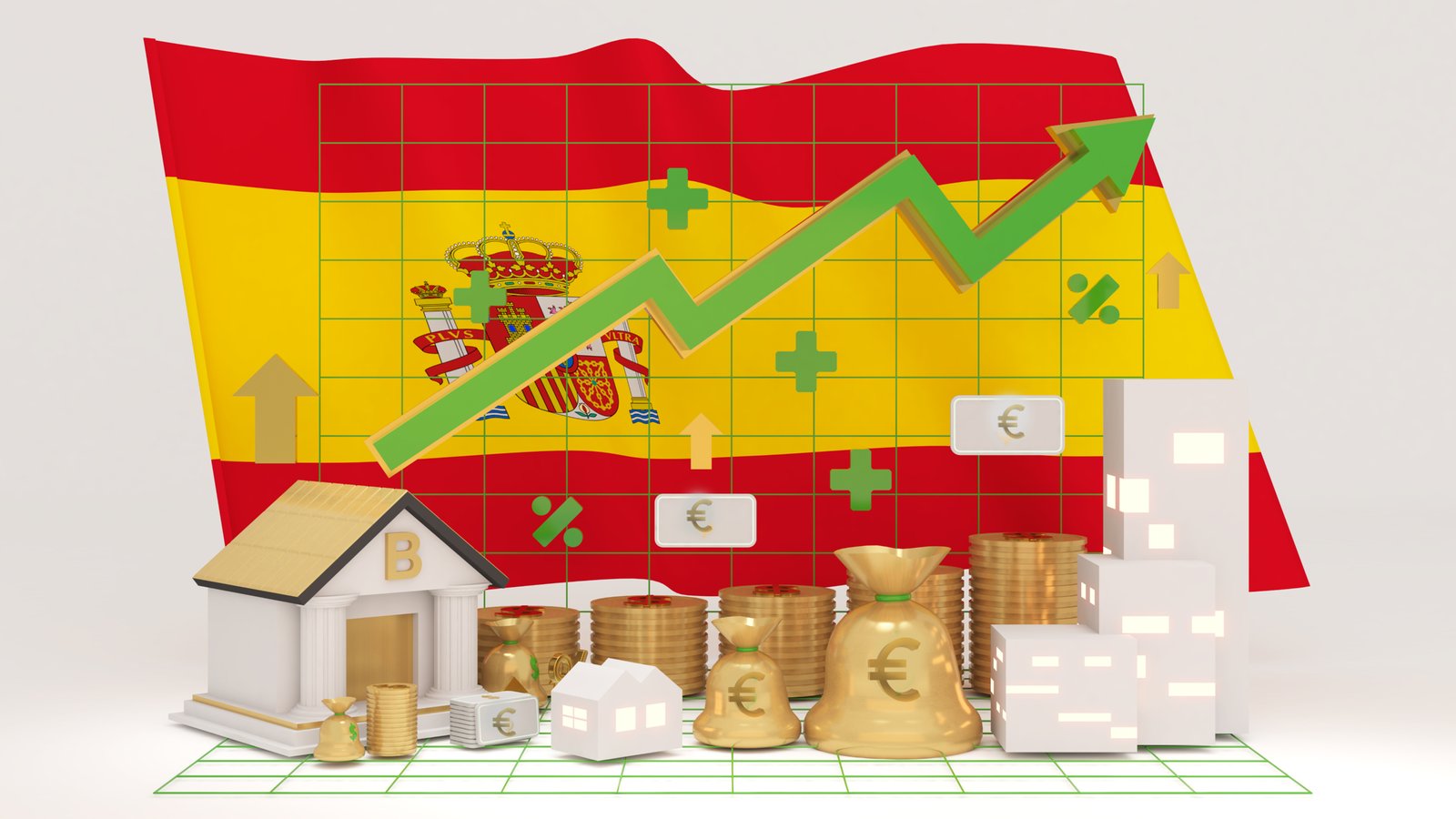In a surprising economic development, Spain has overtaken Japan in per capita Gross Domestic Product (GDP) when measured in US dollars. According to recent data from the International Monetary Fund (IMF), Spain’s per capita GDP reached $36,190 in 2025, surpassing Japan’s $33,960. This shift represents more than just a statistical curiosity it reveals a broader transformation in global economic dynamics.
Understanding the Numbers: What Is Per Capita GDP?
Per capita GDP is a metric that divides a country’s total Gross Domestic Product by its population, providing an average economic output per person. It’s an important indicator of standard of living and productivity. While it doesn’t capture wealth distribution, it offers a snapshot of a country’s relative economic strength per citizen.
Why Spain Is Rising: The Power of Services and Reform
Spain’s recent success is no coincidence. Several interrelated factors have driven its economic momentum:
- Booming Tourism Sector: Spain remains one of the world’s top tourist destinations, and post-pandemic recovery in travel has significantly boosted revenues.
- Strong Domestic Demand: A growing population and increased consumer spending have powered internal markets.
- Government Reforms: Labor market reforms implemented after the Eurozone debt crisis made hiring and workforce adjustments more flexible and business-friendly.
- Energy Price Stability: Compared to other European nations, Spain has managed to keep energy prices relatively low, supporting industrial and residential consumption.
- Service Economy Dominance: Over two-thirds of Spain’s economy is driven by services, aligning with global trends toward service-based growth.
According to Oxford Economics, Spain’s quick recovery post-COVID-19 can also be attributed to targeted stimulus, EU recovery funds, and its ability to adapt quickly to shifts in global demand.
Japan’s Economic Decline: Stagnation in the World’s Once-Top Economy
In contrast, Japan has faced prolonged economic stagnation. Despite its advanced technology and industrial base, the country has experienced:
- Currency Weakness: The Japanese yen has depreciated by 40% against the US dollar since 2021, severely impacting the dollar-based GDP.
- Aging Population: Japan has one of the oldest populations globally, resulting in a shrinking labor force and higher pension burdens.
- Rigid Labor Market: Unlike Spain, Japan’s labor system offers less flexibility in hiring and firing, reducing competitiveness.
- Low Innovation Output: Reports from institutions like the Nikko Research Center note Japan’s declining global innovation ranking.
- Pandemic Impact: Japan’s economy shrank by over 4% in 2020 and has struggled to regain steady growth due to low domestic demand and sluggish exports.
In 2000, Japan held the world’s second-highest GDP per capita (after Luxembourg). Now, it has fallen to 38th place.
The Bigger Picture: Service Economies Gaining Ground Globally
This economic transformation isn’t isolated. The global economy is shifting toward service-dominated models. According to the World Trade Organization (WTO), services comprised 67% of global GDP in 2021 up from just 53% in 1970.
Countries like Spain, with a strong service base and adaptable labor force, are poised to benefit from this trend. Meanwhile, manufacturing-heavy or demographically challenged economies like Japan may continue to struggle.
Forecast: Spain to Maintain Its Lead Through 2030
IMF projections indicate that Spain will continue to outperform Japan in per capita GDP through at least 2030. Estimates suggest Spain will reach $42,300 while Japan will hover around $41,700. If demographic and structural challenges persist in Japan, this gap could widen further.
This moment offers lessons for other economies about the importance of flexibility, innovation, and service-driven growth.
- Spain’s per capita GDP surpasses Japan in 2025, reaching $36,190.
- Tourism, services, and labor reform drive Spain’s economic success.
- Japan faces stagnation due to aging population and rigid job market.
- IMF projects Spain to maintain its lead through 2030.
- Service-based economies are dominating global growth.
- Spain is adapting well to post-pandemic economic trends.
- Japan falls from 2nd to 38th in global per capita GDP rankings since 2000.





Join The Discussion